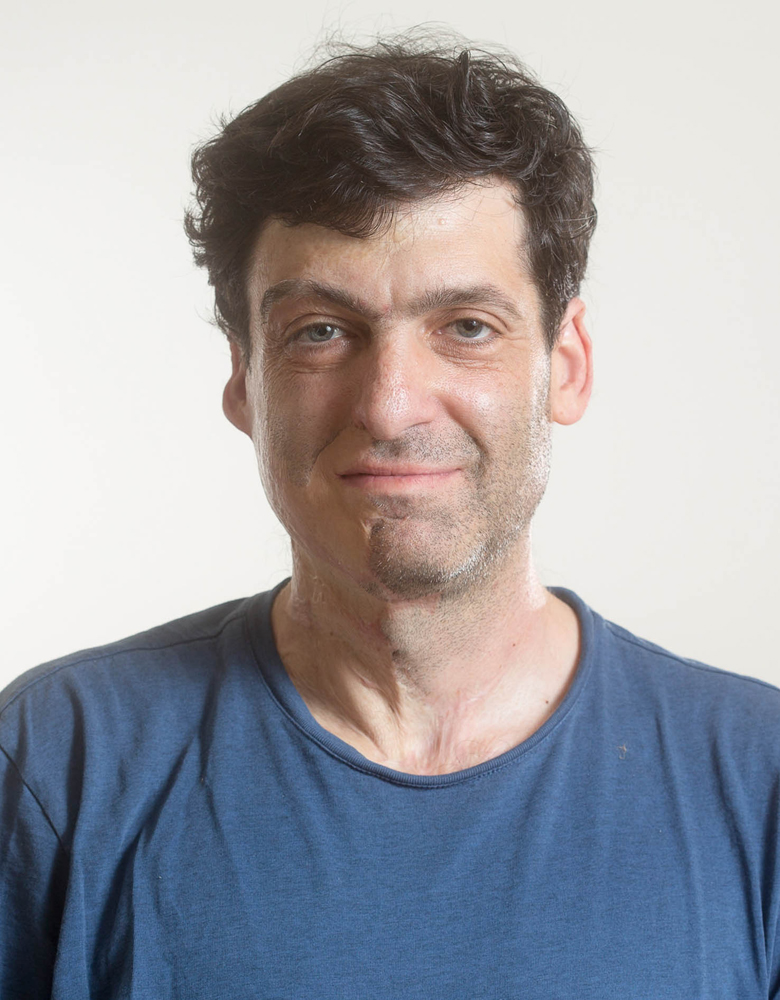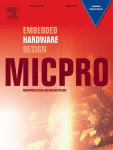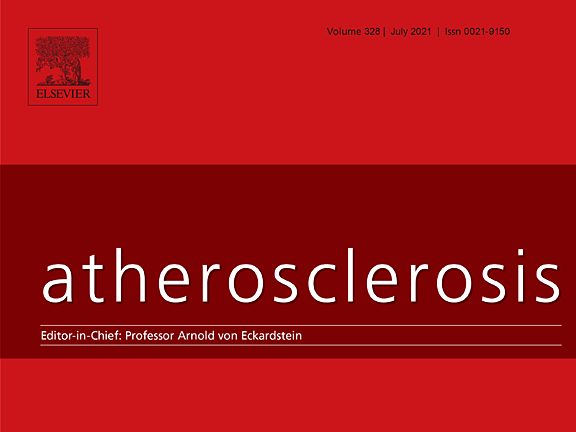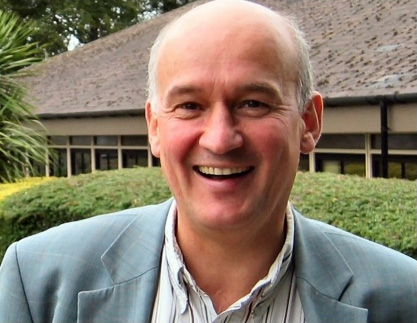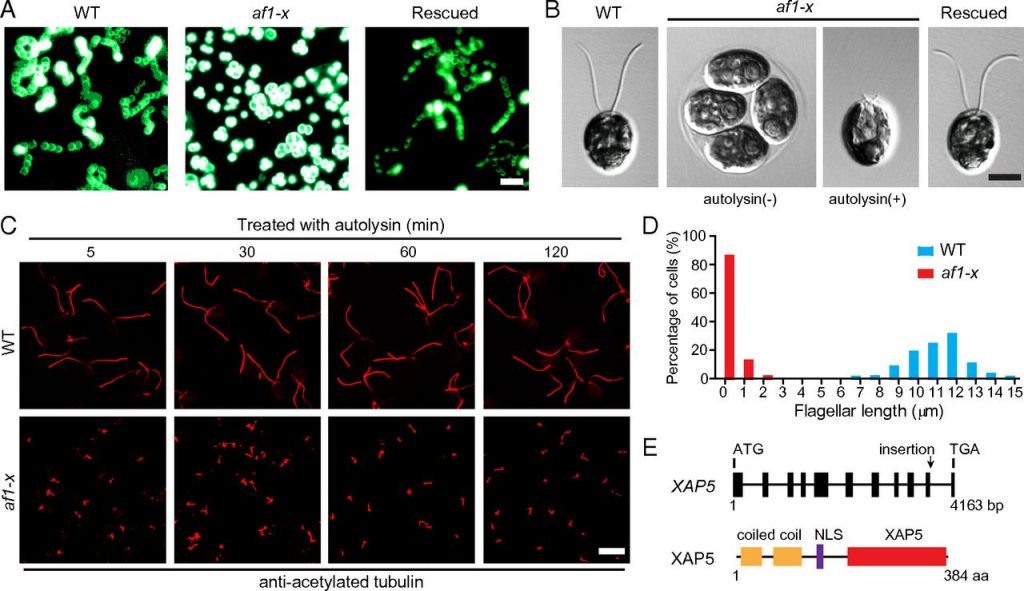Just months after Nature retracted a paper on the “Majorana” particle because other researchers found issues in the work, Science has placed an expression of concern on a different paper that suggested “a relatively easy route to creating and controlling [Majorana zero modes] MZMs in hybrid materials.”
If such particles exist, they could allow Microsoft — which employs some of the researchers involved in the work — to build a quantum computer. But scientists have suggested that the findings of various studies do not suggest the presence of Majorana particles.
The Science paper has been cited 29 times since it was published in 2020, according to Clarivate Analytics’ Web of Science. The EoC reads:
Continue reading Science Majorana paper earns an expression of concern
